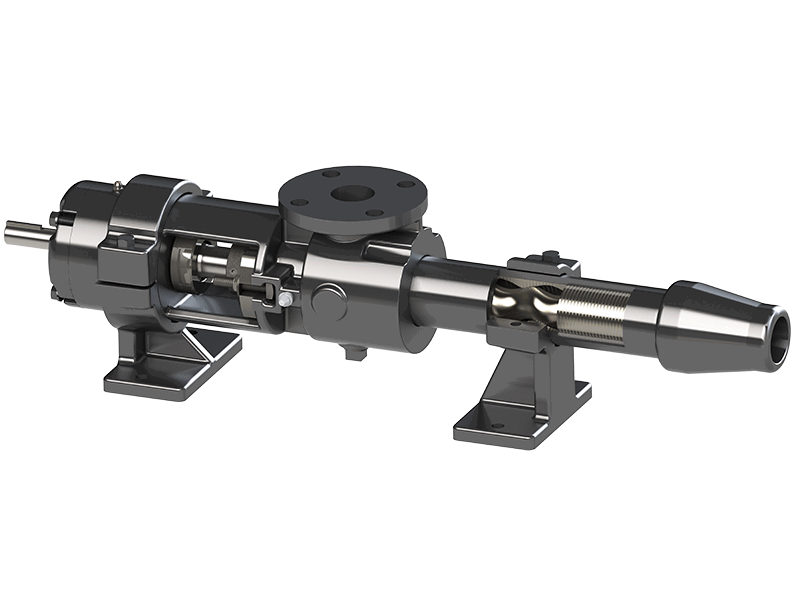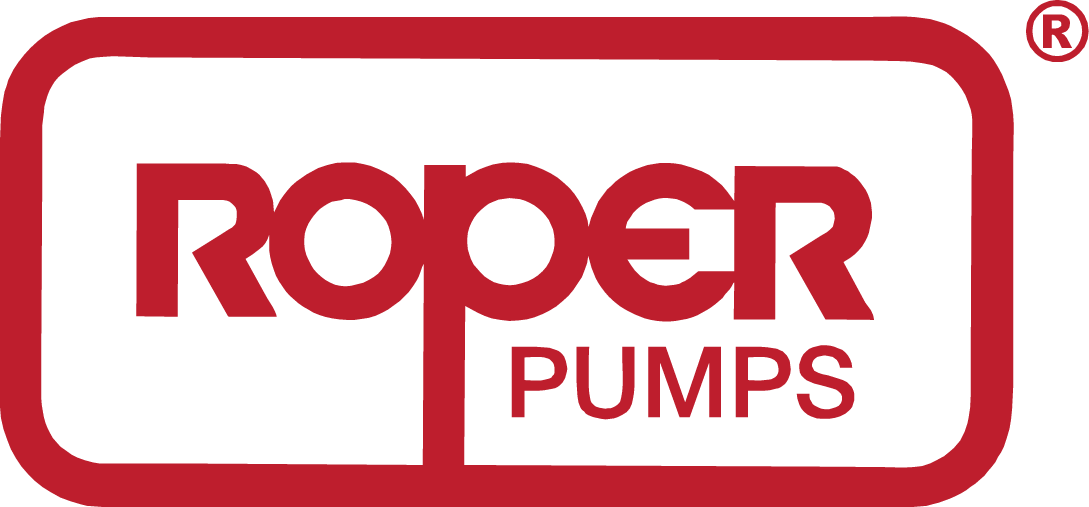
The oil and gas industry operates in some of the harshest environments on Earth. From remote drilling sites to deep underground reservoirs, every piece of equipment must be durable, efficient, and reliable. Among the many critical components in upstream and midstream operations, the progressive cavity pump—more commonly known as the PC pump—has emerged as a go-to solution for operators seeking consistent performance in a wide range of demanding conditions.
But what makes PC pumps stand out? Why have they gained such traction in applications like crude oil extraction, multiphase fluid transport, and even the handling of heavy, viscous materials like asphalt? The answer lies in their unique design, superior handling of challenging fluids, and ability to operate with minimal maintenance.
What is a PC Pump?
At its core, a PC pump is a type of positive displacement pump designed to move fluids through a sequence of small, fixed-shaped cavities. These cavities are created between a helical rotor and a stator, which work in tandem to push fluids forward in a smooth, pulseless motion.
Unlike centrifugal pumps that rely on high-speed spinning impellers, PC pumps offer gentle and consistent flow, making them ideal for transporting shear-sensitive, abrasive, or highly viscous fluids without causing degradation or energy loss.
Key Advantages of PC Pumps in Oil and Gas
1. Handling Viscous and Abrasive Fluids
Crude oil, drilling muds, and chemical slurries are often thick, gritty, and filled with solids. PC pumps excel in these scenarios due to their robust construction and ability to maintain volumetric consistency, even under pressure.
In particular, asphalt pumps—used to transfer heavy bitumen or similar petroleum-based products—benefit from the progressive cavity pump’s ability to handle high-viscosity materials with ease. Unlike other pumps that may clog or lose efficiency, PC pumps keep flow rates stable and manageable.
2. High Efficiency at Low Speeds
Efficiency is paramount in oilfield operations, where downtime is costly and fuel consumption can be significant. Because PC pumps can deliver a steady flow rate at low rotational speeds, they offer exceptional energy efficiency. This also reduces wear and tear on internal components, extending the pump’s lifespan and reducing the frequency of maintenance.
3. Versatility Across Applications
Whether it’s downhole pumping in unconventional reservoirs or surface transport of emulsified liquids, PC pumps offer impressive versatility. They are widely used in:
- Enhanced Oil Recovery (EOR) techniques like polymer flooding
- Water-injection systems
- Produced water treatment
- Transporting oil mixed with gas, sand, and water
This wide range of use cases makes the PC pump a staple across both upstream and downstream segments.
Asphalt Pumps: A Perfect Match for Progressive Cavity Technology
The asphalt industry, which overlaps significantly with oil refining and transport, relies heavily on asphalt pumps that can handle sticky, high-temperature, and abrasive fluids. Traditional pump types often struggle with these conditions, leading to frequent breakdowns or inconsistent performance.
Progressive cavity pumps offer several advantages in asphalt applications:
- Temperature Resistance: They can operate at high temperatures without losing mechanical integrity.
- Leak-Free Design: Modern PC pumps offer sealed systems that reduce the risk of spills or environmental contamination.
- Smooth Flow: Their non-pulsing flow helps maintain consistent delivery, which is critical for metering and precision applications in asphalt processing.
Whether moving asphalt from tanker trucks, storing it in heated tanks, or transferring it into production lines, PC pumps have become a trusted solution for asphalt handling.
Reduced Maintenance = Reduced Downtime
Maintenance is a necessary evil in any industrial setting, but minimizing it is crucial for productivity. PC pumps have fewer moving parts than many alternative pump types, meaning there are fewer failure points.
Additionally, when maintenance is required, many modern designs allow for in-place servicing, meaning the pump can be repaired without removing it from the pipeline. For oil and gas companies working in remote locations or under tight project timelines, this translates to less downtime and lower operational costs.
Environmental and Safety Benefits
The oil and gas sector continues to face scrutiny over environmental safety and sustainability. Equipment that can minimize leaks, reduce emissions, and ensure safe handling of volatile fluids is in high demand.
PC pumps help meet these expectations by offering:
- Enclosed Transfer Systems: Minimize leaks and vapor loss.
- Low Shear Rates: Ideal for handling environmentally sensitive chemicals or fluids that degrade under pressure.
- Controlled Flow Rates: Reduce pressure surges that can lead to accidents or spills.
These safety and environmental advantages not only meet regulatory standards but also contribute to better community relations and long-term operational sustainability.
Choosing the Right PC Pump for the Job
Selecting a PC pump isn’t as simple as picking a size off the shelf. Different oilfield applications require pumps built to specific tolerances, materials, and flow requirements. Factors to consider include:
- Fluid Type: Is the fluid viscous, abrasive, or shear-sensitive?
- Operating Temperature: Will the pump be handling hot bitumen or cold emulsions?
- Installation Environment: Is it for surface transport or downhole extraction?
- Flow Rate and Pressure Needs: What volume must be handled, and at what pressure?
Working with experienced engineers and technicians ensures that each PC pump system is customized to the application, maximizing both efficiency and reliability.
The Future of Pumping Technology in Oil & Gas
As the industry shifts toward automation, data-driven performance metrics, and sustainable practices, PC pumps are evolving too. Smart pumps equipped with sensors can now monitor performance in real-time, alerting operators to wear and inefficiency before failure occurs.
Advancements in materials science also promise more corrosion-resistant components, allowing PC pumps to handle increasingly aggressive chemical fluids without breaking down. Whether for standard crude extraction or advanced EOR techniques, these pumps are keeping pace with innovation.
The oil and gas industry will always need robust, dependable, and adaptable equipment to meet its ever-changing demands. The PC pump, with its ability to handle complex fluids, reduce operational costs, and deliver reliable performance, has rightfully earned its place as a preferred tool in the field.
From asphalt pumps to produced water transport, progressive cavity technology continues to prove itself as more than just a niche solution—it’s a cornerstone of modern fluid management. And as operational demands grow, one thing is certain: PC pumps will remain an essential part of oil and gas success stories for years to come.


